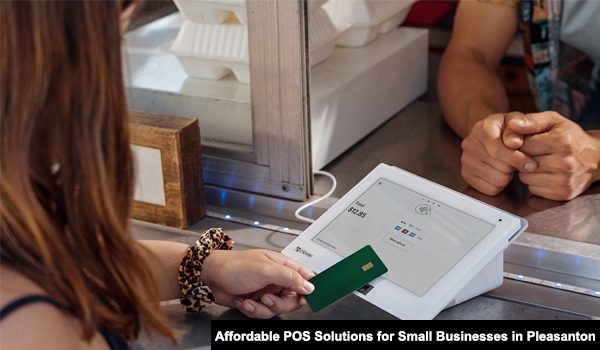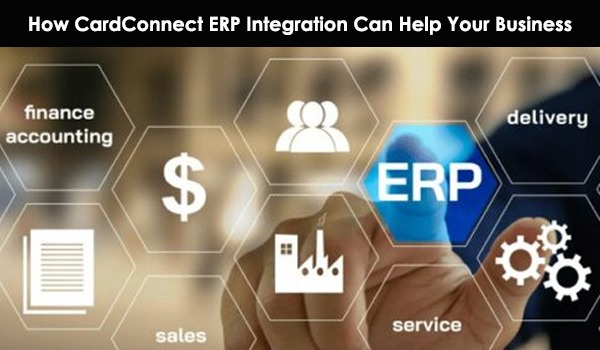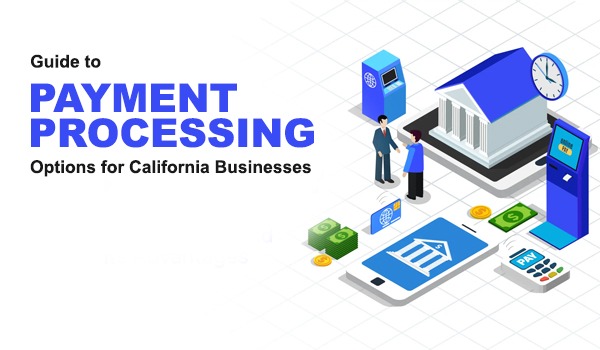
Introduction
Merchant services are crucial for any business that handles credit, debit, or electronic transactions. For business owners in California, understanding the landscape of merchant services is crucial to staying competitive and compliant in a dynamic market. This guide outlines five essential things every California business owner should know about merchant services, from payment processing to selecting the right service provider.
As California’s market continues to evolve with new technologies and regulatory changes, having a clear grasp of how merchant services work can significantly impact your business's operational efficiency and customer satisfaction. With a diverse customer base and a rapidly changing technological environment, companies must be prepared to adapt to the latest payment trends and compliance requirements. This guide will provide insights into navigating these challenges, helping you make informed decisions supporting your immediate needs and long-term goals. By staying informed and proactive, you can leverage merchant services to effectively enhance your business operations and customer engagement.
Understanding Payment Processing for Your Business
Payment processing is at the heart of merchant services, ensuring smooth transactions between your business and customers. From when a customer swipes their card to when the funds reach your account, it’s vital to understand how the process works. In California, businesses encounter a variety of payment methods, including credit cards, debit cards, mobile wallets, and contactless payments. Here are some key aspects to consider when selecting a payment processing solution:
- Wide Range of Payment Methods: Look for a provider that supports multiple payment options, such as credit cards, mobile payments, and contactless transactions, to cater to diverse customer preferences.
- Efficiency and Speed: A good MSP ensures transactions are processed quickly, minimizing downtime and offering a seamless checkout experience for customers.
- Security: Ensure your MSP uses advanced security measures, like encryption and tokenization, to protect sensitive customer data and prevent fraud.
- Cost Structure: Review the fees associated with each transaction and service, ensuring the costs align with your business’s budget and transaction volume.
- Integration Capabilities: Choose a payment processor that easily integrates with your existing systems, such as your point-of-sale (POS) system, for a smooth operation.
Security and Compliance with Payment Card Industry Standards
In California, businesses must navigate strict regulatory requirements focused on security and consumer protection. If your business accepts card payments, adhering to Payment Card Industry Data Security Standards (PCI DSS) is essential to ensure the secure handling of cardholder data. Compliance not only protects your business from fraud and data breaches but also helps avoid legal repercussions. Here are key aspects to consider for maintaining security and compliance:
- PCI DSS Compliance: Ensure your business meets all PCI DSS requirements to safeguard customer card data and avoid penalties.
- Encryption and Tokenization: Choose a merchant service provider that offers encryption and tokenization to securely handle sensitive payment information.
- Regular Security Audits: Perform frequent audits to identify vulnerabilities and ensure continuous compliance with security standards.
- California Consumer Privacy Act (CCPA): Stay up-to-date with California’s privacy laws, like CCPA, to protect customer data and maintain trust.
- Fraud Prevention Tools: Opt for a provider that offers fraud detection and prevention tools, such as real-time monitoring and alerts, to enhance security.
Understanding the Costs and Fees Involved
Merchant services often come with a variety of costs, such as setup fees, transaction fees, and monthly service charges. In California, where competition among providers is intense, pricing models can vary significantly. It's essential to have a clear understanding of the fee structure and how it aligns with your business needs.
- Transaction Fees: Review the per-transaction fees, which can vary based on the type of payment (credit, debit, mobile) and the provider.
- Setup and Monthly Fees: Some providers charge initial setup fees or monthly service charges for maintaining your account. Be aware of these recurring costs.
- Additional Feature Costs: Features like fraud prevention, detailed analytics, or enhanced customer support may come at an extra cost, so weigh their value for your business.
- Scalable Pricing: If your business has seasonal fluctuations or growth plans, consider a provider that offers scalable pricing based on transaction volumes.
- Hidden Fees: Watch out for hidden costs, such as early termination fees or fees for PCI non-compliance, which can impact your bottom line.
Local Payment Trends in California
California’s tech-savvy, fast-paced market demands businesses to stay on top of evolving payment trends. The use of mobile payment options like Apple Pay, Google Pay, and contactless cards has significantly increased due to consumer preferences for convenience and hygiene. To remain competitive, California businesses must adopt the latest payment technologies. Here are key trends to consider:
- Mobile Payment Adoption: Apple Pay, Google Pay, and other mobile wallets are growing in popularity. Offering these options can attract tech-conscious customers.
- Contactless Payments: Contactless cards have seen a surge, especially in urban areas where quick and secure transactions are favored.
- E-commerce Integration: With online shopping on the rise, integrating online payment systems can help expand your reach and accommodate remote customers.
- Consumer Expectation: In major cities like Los Angeles and San Francisco, consumers expect businesses to offer cutting-edge, flexible payment solutions.
- Subscription and Recurring Payments: Many California businesses are adopting subscription models, so supporting recurring payments through your merchant services can enhance customer convenience.
Choosing the Right Merchant Service Provider
With numerous merchant service providers available in California, selecting the right one can feel daunting. It’s important to assess providers based on how well they align with your business needs, including factors like system integration, customer support, and scalability. Here are some key considerations:
- Ease of Integration: Choose a provider that seamlessly integrates with your current systems, such as your point-of-sale (POS) or e-commerce platform, for smoother operations.
- Customer Support: Opt for a provider that offers reliable, accessible customer support, preferably with a local presence, to address issues quickly.
- Scalability: Consider a provider that can grow with your business, offering flexible pricing and services as your transaction volumes increase.
- Local Knowledge: Providers with a presence in California often have a better understanding of state regulations and local market needs, which can benefit your business.
- Reputation and Security: Research the provider’s reputation, security features, and overall reliability. Seek reviews, ask for references, and consult with other businesses for recommendations.
- Range of Services: Ensure the provider offers a comprehensive range of services, including mobile payments, online transactions, and recurring billing, to cater to diverse customer needs.
Future-Proofing Your Business with Technological Integration
As the payment landscape continues to evolve, businesses must be ready to adapt. For California businesses, selecting a merchant service provider that integrates with emerging technologies like point-of-sale (POS) systems, customer relationship management (CRM) software, and e-commerce platforms is essential. This integration enhances transaction management, customer insights, and operational efficiency. Here’s how to future-proof your business:
- POS Integration: Choose a provider that easily integrates with advanced POS systems to streamline in-store transactions and inventory management.
- CRM Software: Integrating payment systems with CRM software allows for better tracking of customer behavior and building personalized marketing strategies.
- E-commerce Compatibility: As online shopping continues to grow, your provider should offer seamless integration with e-commerce platforms to support online transactions and omnichannel selling.
- Scalability: Ensure your provider’s technology is scalable to accommodate your business growth, allowing you to add new payment options and features as needed.
- Data Insights and Analytics: Look for systems that provide robust reporting tools, giving you deeper insights into sales trends, customer preferences, and financial performance.
- Support for Future Payment Methods: Stay ahead of the curve by choosing a provider that is ready to integrate with future payment technologies like cryptocurrency or biometric payments.
Conclusion
Merchant services are an essential part of running a business in California and understanding how to navigate this complex landscape can make a significant difference in your operational efficiency and customer satisfaction. By choosing the right provider, staying compliant with local and industry regulations, and keeping up with payment trends, you’ll set your business up for long-term success. As consumer expectations continue to shift towards convenience and security, having a reliable, up-to-date merchant service provider becomes even more crucial.
In a state like California, where technological innovation thrives, aligning your payment systems with the latest advancements not only ensures seamless transactions but also enhances customer experience and loyalty. Future-proofing your business by integrating flexible, scalable solutions allows you to adapt to market changes swiftly, ensuring you remain competitive in a fast-evolving market. Ultimately, taking the time to evaluate your merchant services now will pay off by positioning your business for sustained growth and resilience in California’s dynamic business environment.









